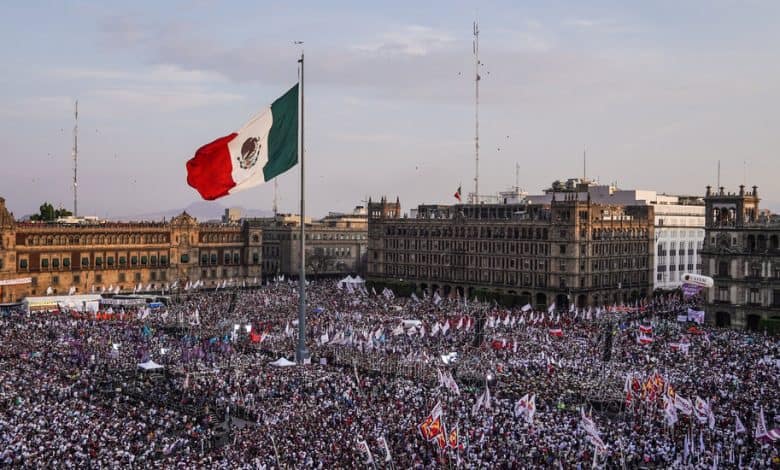Why Mexico May Elect a Female President Before the United States

Mexico is poised to elect its first female president on Sunday, a historic leap in a country long known for its machismo — and a big moment for all of North America.
From the beginning of the presidential race, the only competitive candidates have been two women: the front-runner Claudia Sheinbaum, a climate scientist from the ruling Morena party, and Xóchitl Gálvez, a former senator and entrepreneur representing a coalition of opposition parties.
The milestone is a reflection of the country’s complex relationship to women, who face rampant violence and rank sexism, yet are also revered as matriarchs and trusted in positions of authority.
How the country got here before the United States, its biggest trading partner, has much to do with policies that forced open doors for women at every level of government, experts say.
Pushed by feminist activists, Mexico, over the past few decades, has adopted increasingly broad laws encouraging more representation of women in politics. Then, in 2019, it took the remarkable step of making gender parity in all three branches of government a constitutional requirement.
